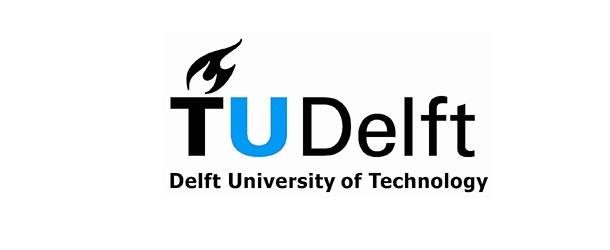TU Delft Researchers Discover Method to Stretch Quantum Materials: Could Lead to Micromechanical Resonators

(Phys.org) Researchers at TU Delft have discovered a method to stretch and compress quantum materials using hydrogen gas. They demonstrated this effect using a tiny string of a material called tungsten trioxide, which acts as a sponge for hydrogen. The research is a promising new step in the development of micromechanical resonators, which have a wide range of possible applications. They can be used in inkjet printers, as sensors for environmental conditions, and as active components in future nano-electronics.
One of the main advantages of this technique is that it can be used at room temperature, in a controlled environment. It is also fully reversible. As a reference, obtaining a similar strain modulation with conventional methods and materials, such as thermal expansion in silicon, would require a temperature increase of more than 1500 degrees.
TU Delft Files for Patent
TU Delft has a pending patent application on the interaction of H2 with WO3 and is planning further research in this promising direction.



















